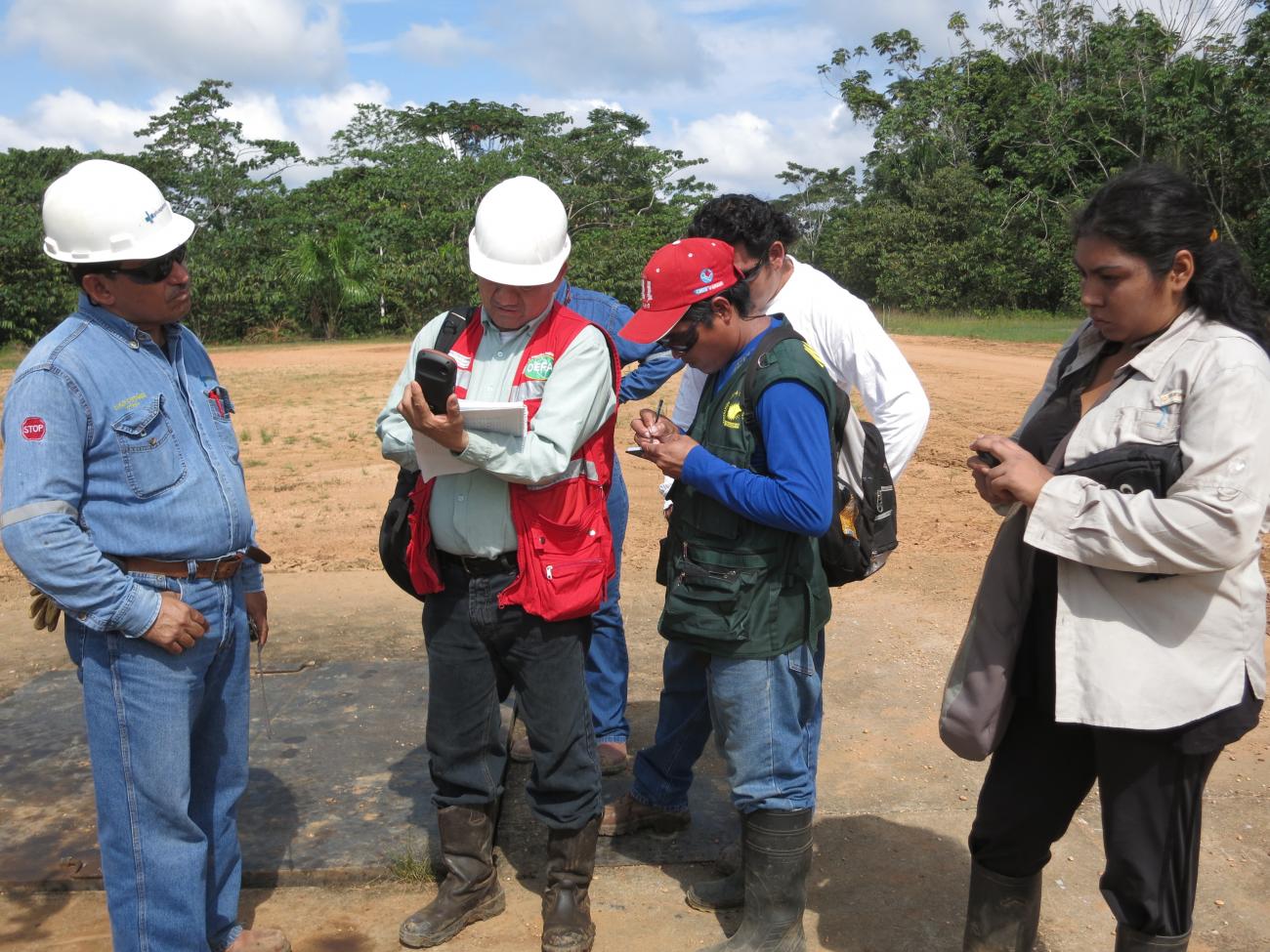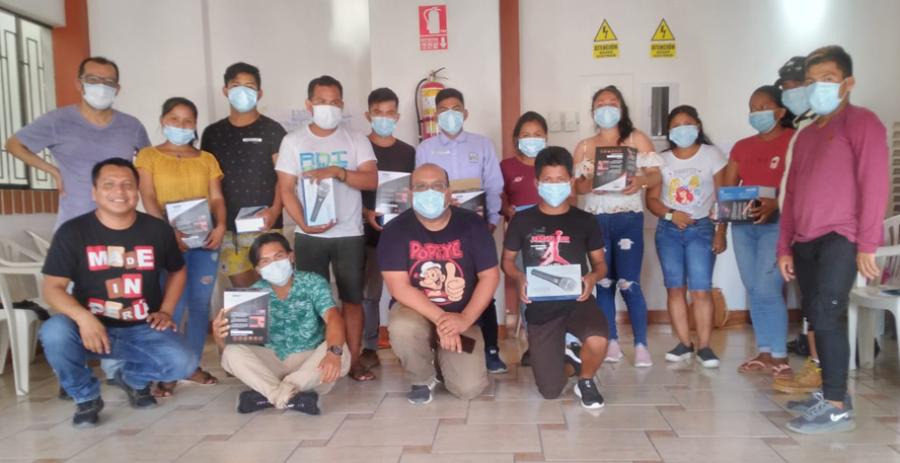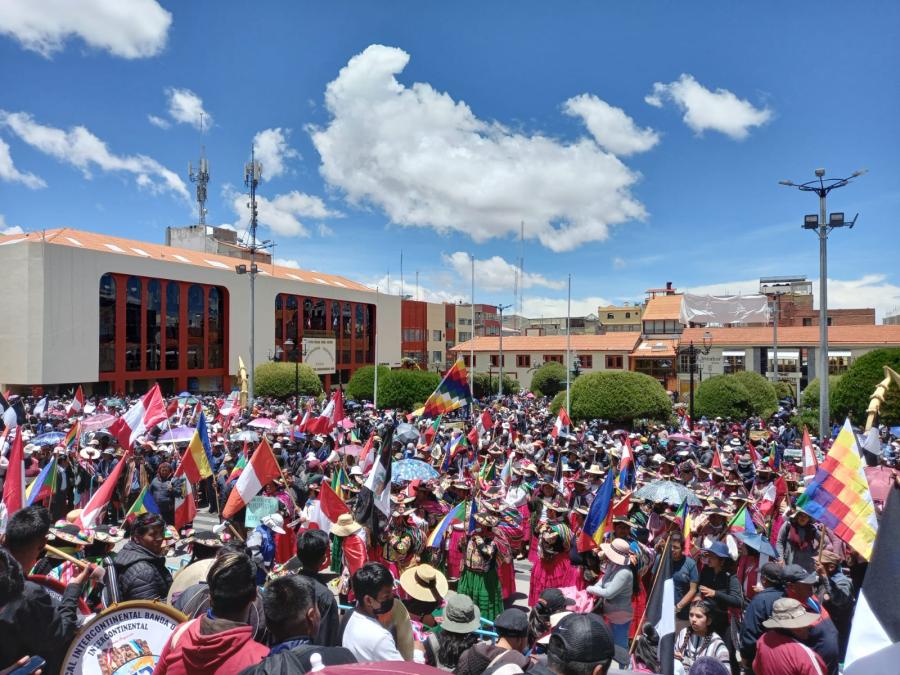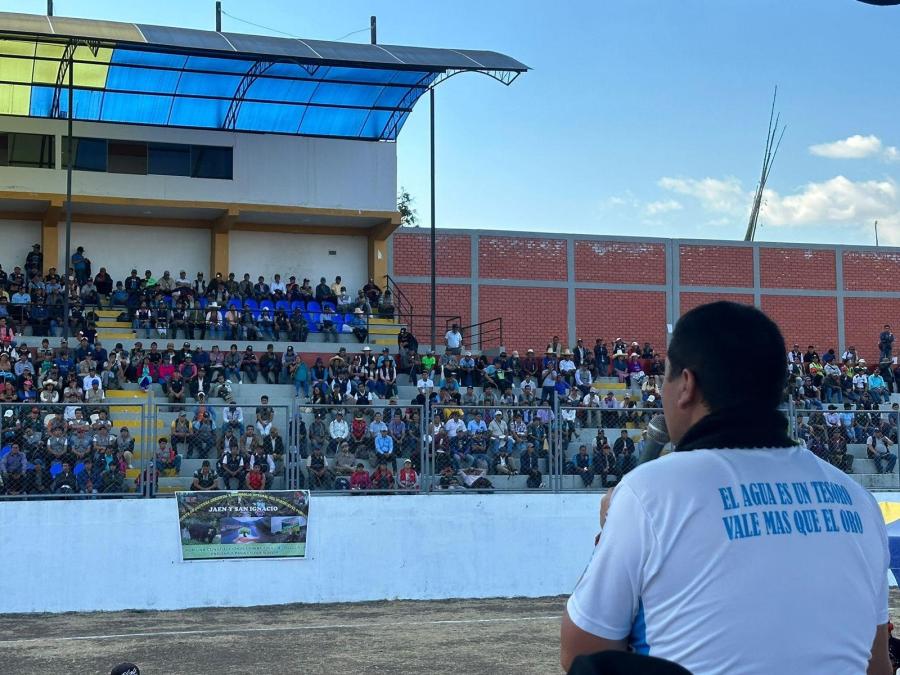
James Anaya, the UN Special Rapporteur on the Rights of Indigenous Peoples, dedicated his official visit to Peru this December to learning about the situation of the country’s Indigenous Peoples, especially with respect to the right to Free, Prior, and Informed Consent regarding development projects and the effects of extractive industries on Indigenous Peoples in voluntary isolation and initial contact. He met with government officials, Indigenous leaders, and corporate representatives in Lima, as well as in diverse towns and villages affected by resource extraction. Throughout his statement upon conclusion of the trip, Anaya comments on both positive advances and continuing situations of destructive development throughout Peru.
Anaya notes that one major advance since his 2009 visit was the development of Peru’s Prior Consultation Law, one of few domestic laws attempting to protect the right of Indigenous Peoples to consultation before their lands and resources are exploited. However, Anaya points out, the law is hotly contested by many Indigenous groups, which do not believe it protects their rights to the degree it should; he recognizes that the challenge now is to ensure consultations take place “in a way that meets relevant international standards.” Indigenous leaders reiterated throughout his visit that “they are not opposed to development, but any development should be in accordance with their rights” and should be preceded by genuine consultation processes. Anaya emphasizes that progress will depend on the development of trust among Indigenous Peoples, the State, and developers.
As an example of the destruction caused by development, Anaya highlights widespread oil contamination in the region of the Pastaza, Marañon, Tigre, and Corrientes river basins in Loreto, to which Cultural Survival recently made an investigative trip. Anaya observes “serious environmental problems” resulting from the oil drilling that has taken place there over the last 40 years, first by the US-based company Occidental Petroleum and, since 2000, by the Argentine PlusPetrol. Unaddressed oil spills have egregiously polluted Indigenous territory there, including food and water sources. In 2013, the Peruvian Ministry of the Environment declared a State of Emergency in two of the basins, but, Anaya says, “it is necessary for the Government and the company to make greater efforts to ensure the remediation of Lot 1-AB without delays due to a lack of clarity regarding which particular corporation is responsible.” The contamination caused by petroleum exploitation “over the last four decades represents a critical situation that must be attended to with the urgency it deserves.”
Consultation, however, would not be enough in this case. The Indigenous communities of the four river basins have stated that they will not engage in a prior consultation process for an oil concession PlusPetrol is pursuing for 2015 until five preconditions are met. Environmental remediation must take place; the communities must receive official title to their land; there must be greater government involvement in there region; the communities must be compensated for destruction caused by 40 years of oil exploitation; and the communities must be compensated for current and future use of their land. Anaya “agree[s] that these conditions are just and conducive to a productive process of consultation regarding a possible new oil concession in the area.” He comments that “an important step” is that in October of 2013, the government established a round table with government, company, and Indigenous representative to attempt to come up with a solution.
The Special Rapporteur goes on to observe that strides are being made in other parts of Peru. On PlusPetrol’s Lot 88 in Cusco, the company is using improved practices which, according to the company and the government, have caused no “degradation of biodiversity nor contamination of waters or soils in the area” in its 12 years of operation there. Yet, Anaya says, “another issue is the social and human impact that the project can have” especially since 75% of Lot 88 is within an Indigenous reserve.
Thus, Anaya recommends that the government does “a thorough study, with the participation of all interested parties and competent experts, regarding the presence and conditions of the voluntarily isolated indigenous peoples or groups in the area of Lot 88.” He considers that the government must respect Peru’s obligation to ILO Convention 169 and other international agreements and complete a consultation process that takes into account all affected indigenous peoples in the reserve and consider their particular situations and vulnerability before making a decision about expanding the project. He also calls for immediate provision of basic health, education, water, and other services which should be provided by the State and which certain communities are currently lacking.
A Special Rapporteur’s official signifies a national government’s willingness to engage, as the government must invite the Special Rapporteur in order for the visit to occur. Thus, Anaya’s visit to Peru is an important step. It gave Peru’s diverse Indigenous communities an opportunity to raise their voices at the international level. We will stay tuned for Anaya’s subsequent reports and statements on the status of Indigenous Peoples’ rights in Peru. To read Anaya’s complete report in Spanish, click here.
See our campaign to take action by urging the President of Peru to clean up the spills: Peru: Force Oil Company to Clean Up Spills



